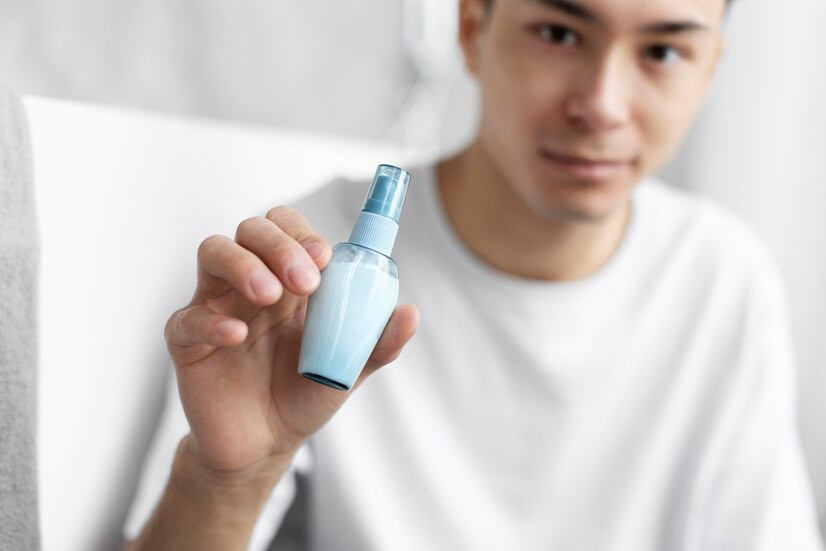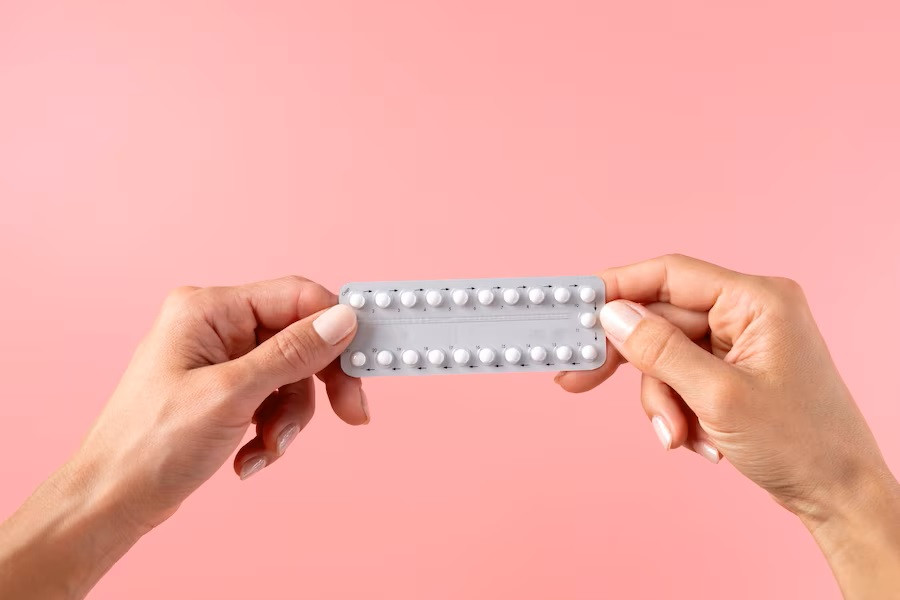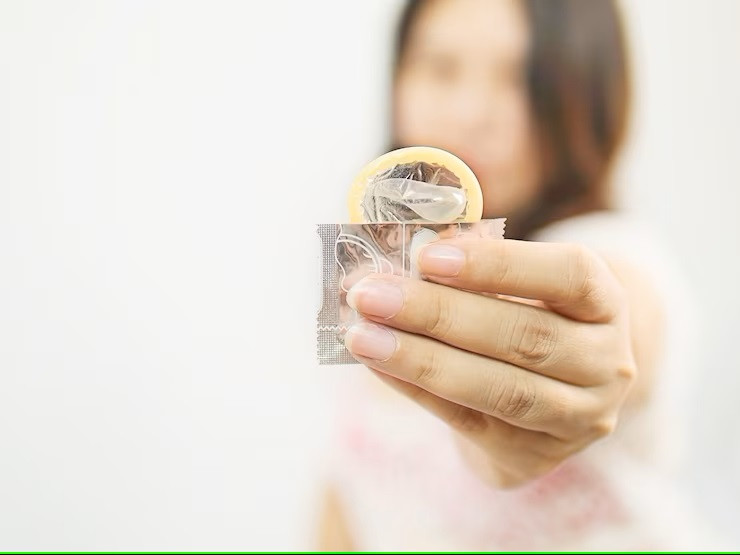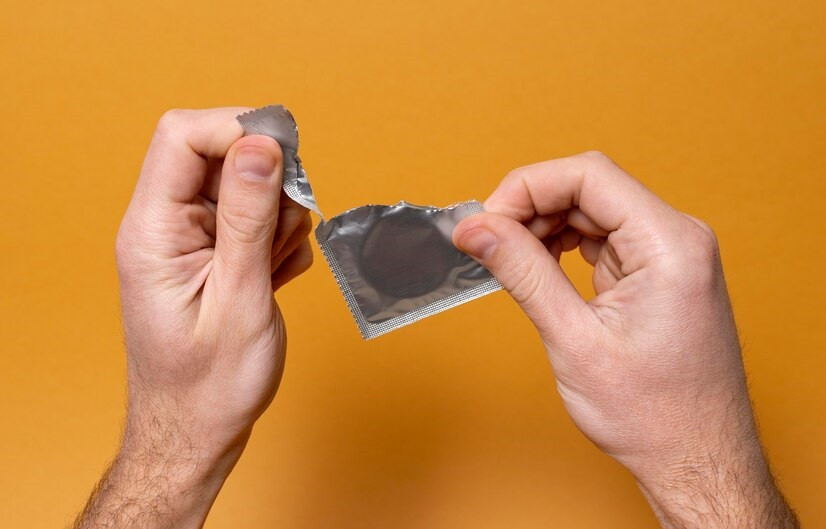Spermicide functions as a contraceptive by inhibiting the mobility of sperm to prevent fertilization of the egg. Typically, it's not employed as a standalone method but is more effective when used in conjunction with other forms of contraception.
Discover the effectiveness and mechanism of action of spermicide in the ensuing explanation.
How spermicide works
Chemicals included in spermicides have the potential to harm sperm. Nonoxynol-9 is one of the most often occurring compounds in spermicides (N-9).
The chemical prevents the sperm from getting to the egg, but it does not kill them. Because of this, spermicides are thought to work better when combined with other forms of birth control to increase protection.
Spermicides function by preventing sperm from passing through the cervix, preventing them from swimming to the egg to fertilize it.
Read more: Types Of Hormonal Contraceptive Devices, Know The Excess And Lacks
What is the efficiency of spermicide as a contraceptive?
Spermicides only offer 70% prevention of conception after a single use. Spermicides must be used correctly each time you have intercourse for them to function as intended.
Spermicides don't offer protection against infections spread by sexual contact. Overindulgence in a single use during the day may potentially raise the risk of HIV infection and other STDs.
Spermicides contain chemicals that might irritate the vagina, making it easier for germs that cause sexually transmitted infections to enter the body. It may also need to be used with other forms of birth control, including condoms, to maximize their efficiency and reduce the risk of STDs.
How to use spermicide
Each spermicide package has instructions you need to read before using it. In general, spermicides are used in the following steps:
- Read the instructions for use on the spermicide packaging before use
- Clean the area around the vagina or penis with water and soap
- If using a gel spermicide, insert the gel into the vagina using the applicator provided in the package
- If using a cream spermicide, apply it to the vagina using the applicator provided in the package
- Make sure to apply the spermicide about 10-15 minutes before sex
- Every time you have sex, add more spermicide to ensure optimal protection
- Avoid cleaning the vagina for at least 6 hours after using spermicide
Read more: This Is The Difference Between Hormonal And Non-Hormal Contraceptive Devices
What are the potential adverse effects of employing spermicides?
Some people are sensitive to spermicidal products due to their chemical content. Irritation is more likely to occur if used too frequently.
Spermicide chemicals have the potential to change the pH balance of the vagina, harming healthy bacteria and increasing the susceptibility of the vaginal area to bacteria that cause UTIs. Spermicide use is not advised if you frequently get urinary tract infections.
Other forms of birth control instead of spermicide
Apart from spermicides, many types of contraceptives can be an alternative to pregnancy prevention, such as:
- Condoms
- Diaphragm
- Birth control pills
- Birth control patch
- Injectable birth control
- Birth control implant
- IUD (intrauterine device)
If you need medical advice, don't hesitate to consult with a doctor or utilize the consultation features provided by Ai Care.
Want to know more information about other diseases? Click here!
- dr Nadia Opmalina
Elizabeth Millard (2022). Spermicide. Available from: https://www.babycenter.com/baby/postpartum-health/spermicides_1289802
Cleveland Clinic (2022). Spermicide. Available from: https://my.clevelandclinic.org/health/treatments/22493-spermicide
Planned Parenthood. What are the disadvantages of using spermicide?. Available from: https://www.plannedparenthood.org/learn/birth-control/spermicide/what-are-disadvantages-using-spermicide
Medline Plus (2022). Birth Control. Available from: https://medlineplus.gov/birthcontrol.html












